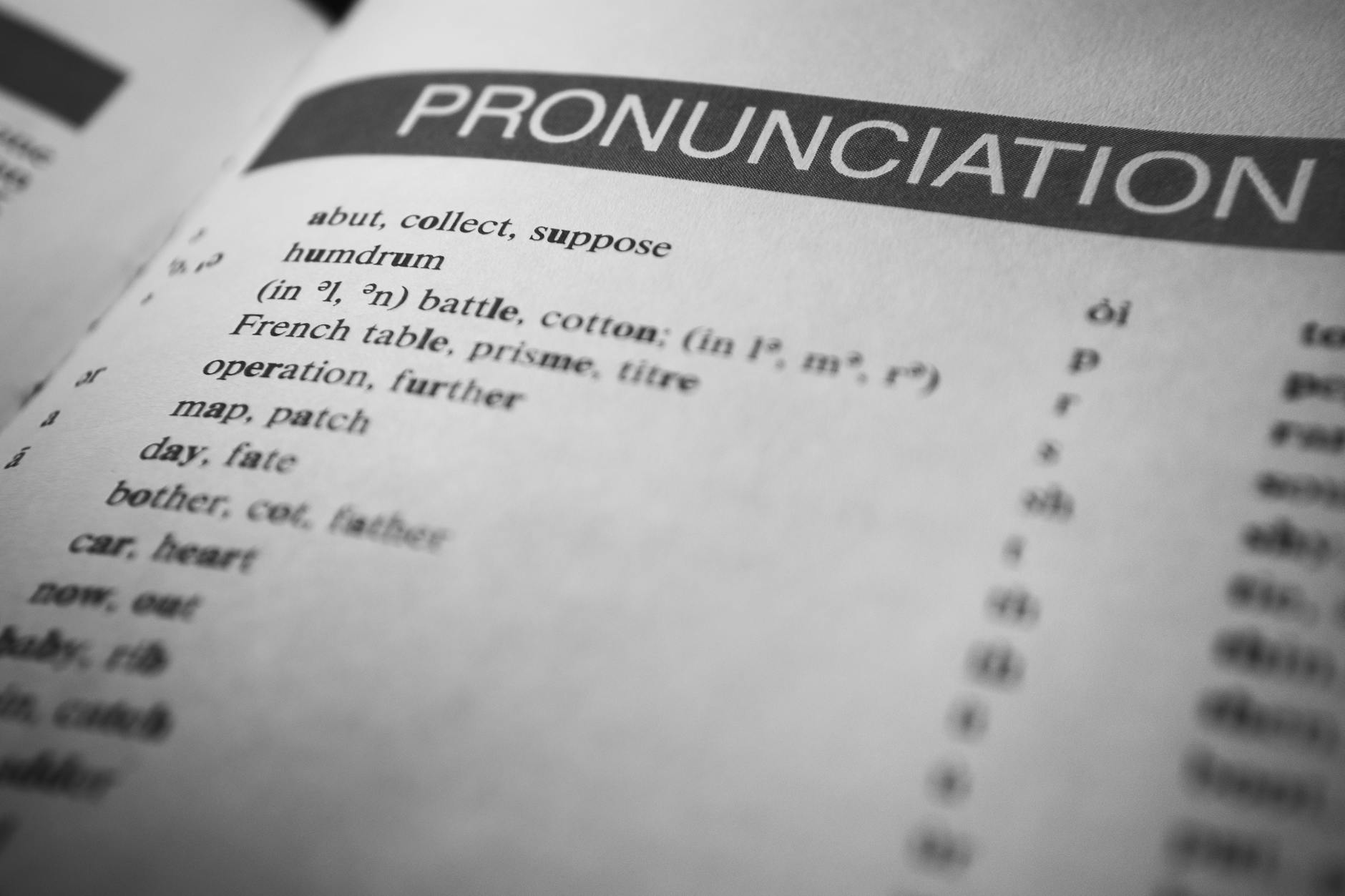PhraseMix Articles
Essay Cliches to Avoid in Your Writing
While not everyone's cup of tea, essay writing is a significant part of students' journeys as they strive to achieve their academic goals. From simple term papers to demanding dissertations, writing can take a toll on a learner's progress. As students struggle with the daunting...
14 Ways to Make Your Learning Effective
In the modern, rapidly changing world learning, doesn't end with getting a college or university diploma. Technologies demand regular upskilling or even retraining to stay in a profession or generally to get a good job. And this technological progress influences all spheres of life.
...
Sharpening Your Nursing Vocabularies
One of the main reasons why nursing is considered a calling is because of effective communication. Nurses coordinate communication between doctors and patients to ensure a smooth healthcare process. A doctor depends on a nurse to know how a patient is recuperating. On the other hand, a patient...
8 Useful Habits Of A College Student
When a person performs certain actions constantly, subconsciously he has a desire or needs to do them again, this is a habit. That is, these are actions that have become entrenched as a result of their repeated repetition. Habits are useful, which strengthen a person's health and indicate...
Top 5 Websites to Help You with English 101 Essay
The difficulty level of modern studies has changed a lot with time. It’s common for students to handle loads of term papers, assignments, essays, reports, etc. Students generally get stressed and overwhelmed about their project grades. Nowadays, things have become more challenging for the...
8 Tips That Help You Become the Professional Translator
What comes to the mind of most people when hearing about professional translators is certification. While this is definitely an important step that can boost a translator’s reputation and visibility, it is not a mandatory one as translators can also achieve proficiency in their niches...
Avoiding Financial Trouble: 8 Tips
Making a new year’s resolution about sorting out your finances and not following through is a shot in the foot for you and your future. We’re almost halfway through the year so ask yourself if you followed through on your promises to become more financially independent this year? Or...
Thesis Writing Skills Every Ph.D. Student Needs to Improve
Before you begin writing your thesis, you need to be aware of the skills required to write a good thesis. This is because these skills are usually taken for granted by many Ph.D. students. To ensure that you have made the right decision about choosing the topics of your thesis, it is also...
7 Tricks That Will Help You Speak English Like a Native

Learning English is both fun and useful, no matter where you come from. However, when it comes to speaking up with another person, many people are too shy or not confident in their abilities. Learning and reading about a language and speaking up by using those words are two different things....
7 Tips for Learning a Foreign Language Faster
Learning new languages, especially English, has become very popular in 2020 due to social distancing norms and more free time available for personal development. Based on recent reports, over 30 million people attempted to learn a new language in 2020, with 40.5% being part of Gen Z.
This...





Follow PhraseMix